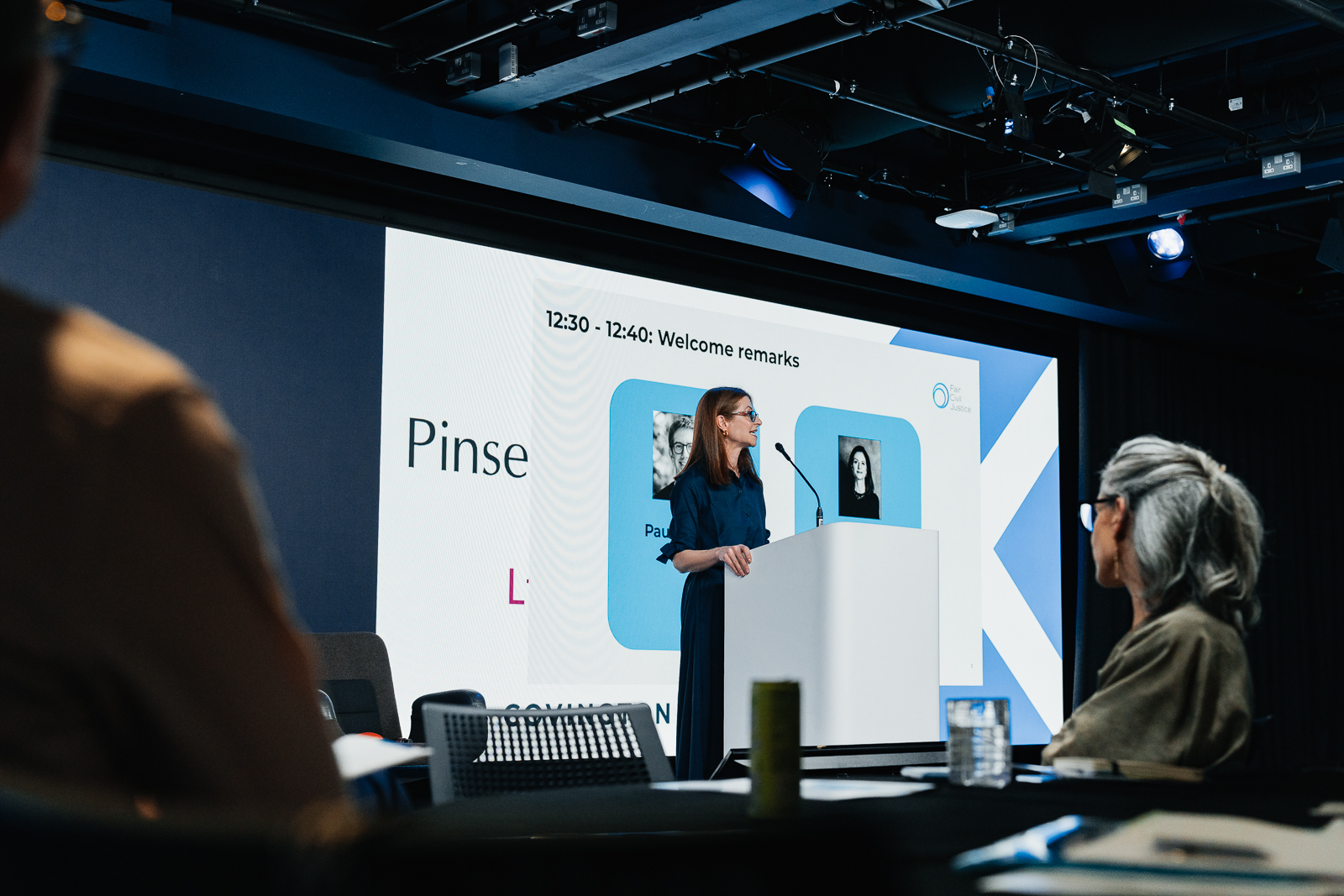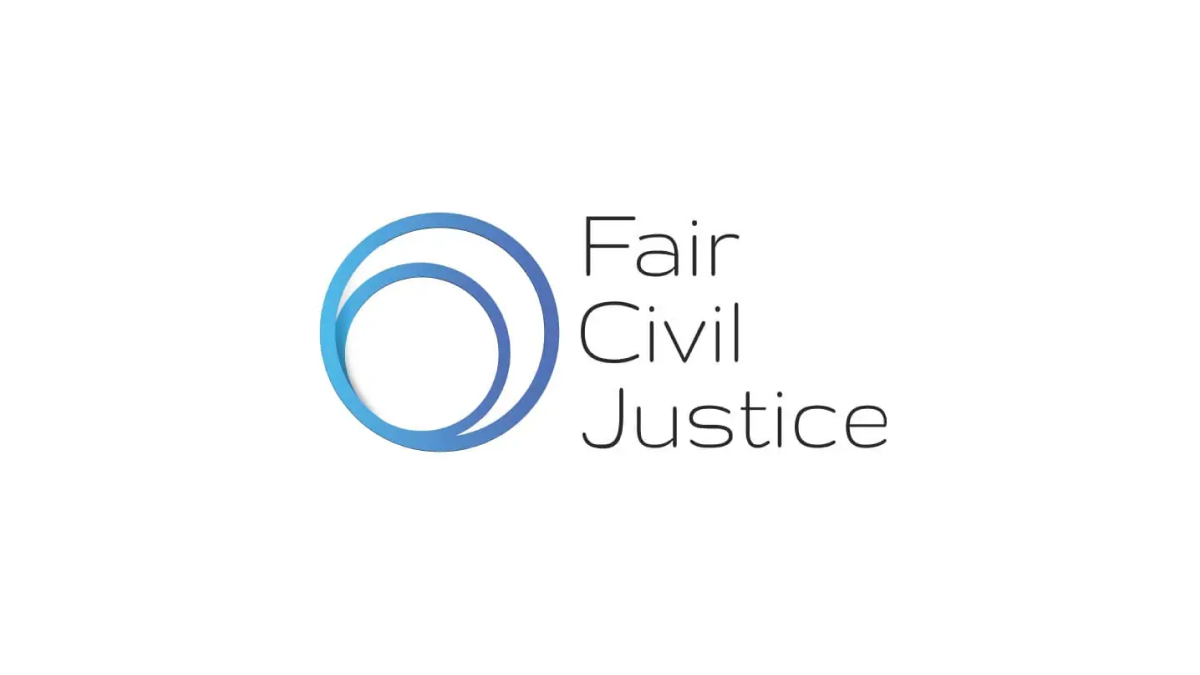The Post Office Horizon IT scandal had a devastating effect on hundreds of postmasters who were wrongly accused of false accounting and theft. Some were sent to prison and made bankrupt, and many lives were ruined. A group of 555 postmasters took legal action and eventually settled their case in 2019 for £43 million plus legal costs. However, only a small proportion of this sum was paid to the claimant group that had suffered through the Horizon IT scandal, with the majority going to lawyers and litigation funders who had supported the case.
Owing to those postmaster not being properly compensated, in March this year the government announced details of a new compensation scheme for affected postmasters. In recognition that the postmasters may need legal advice to navigate the new scheme, the government has agreed rates with three specific law firms who will not charge the postmasters. Of particular interest is the following advice against the postmasters using other law firms charging contingency fees:
“You should not engage any firm which asks you for money now or later, or which offers a ‘no-win, no-fee’, conditional fee or litigation funding agreement.”
These are practical and sensible steps to ensure that compensation goes to the affected persons, rather than their lawyers or litigation funders.
Consumers and individuals who sign up for “no-win/no-fee” and contingency agreements may not realise that much or all of any damages or settlement sum could be swallowed up by their lawyers and litigation funders.
Fair Civil Justice supports access to justice. In order to remove barriers to accessing justice, consumers must be provided with clear and easy-to-understand information on how fee arrangements operate, thereby enabling them to make informed decisions.




